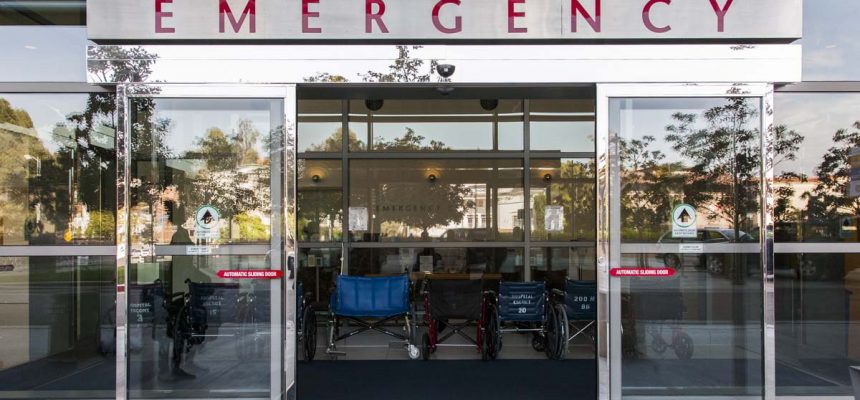President Of The American College Of Emergency Physicians Speaks Out Against Controversial ER Policy
By Consumers For Quality Care, on February 22, 2019

In a recent op-ed published in Newsweek, Vidor Friedman, President of the American College of Emergency Physicians, pushed back against a controversial ER policy, which he calls “disturbing.” The policy, which CQC has previously reported on, retroactively denies emergency room coverage if the insurer believes that the patient should have sought a lower degree of care.
This type of dangerous insurer policy —which can leave patients on the hook for thousands of dollars in medical bills—defeats the basic purpose of health insurance and violates federal healthcare standards. This must be stopped by lawmakers at the state and federal levels.
In arguing for why consumers should not be responsible for assessing their own medical condition, Friedman highlights the finding that 90 percent of non-emergency symptoms overlap with emergency symptoms. Issues like difficulty breathing or stomach pain can be a symptom of a simple ailment or something more serious.
It’s only after a thorough exam that a highly trained emergency physician can determine if a patient presenting with a severe headache has a life-threatening brain aneurysm or just a bad migraine.
Prudent Layperson standards are supposed to maintain consumers’ emergency room coverage for reasonable visits. However, a recent report by The Doctor-Patient Rights Project found insurance companies are using language in the Prudent Layperson standard to deny consumers emergency room coverage.
Despite the evidence that nearly all emergency department visits are warranted and beneficial, Anthem expanded their avoidable ER policy to six states, sending policyholders sternly-worded letters with threatening language like “Save the ER for emergencies – Or you’ll be responsible for the cost.” In doing so, Anthem essentially asks patients to play doctor and self-diagnose themselves—without the relevant medical knowledge or resources––right in the midst of terrifying, potentially life-threatening medical emergency.
Friedman agrees that patients should be educated about when it is best to visit a primary care physician, urgent care, or emergency room. But he maintains that patients should not be punished for visiting an emergency room when they believe they should.
One challenge with that approach is that no patient has the luxury of hindsight during a health emergency.




